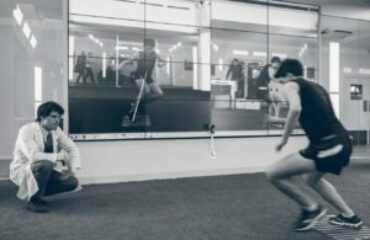Traditionally, interventions to improve performance of substitutes have not received much attention. Their pre-match warm-ups are usually performed isolated from starters and they then carry out a re-warm-up in the second half prior to going onto the field. Substitutes should be prepared to perform at equivalent or higher work-rates than the players being replaced and/or others remaining. As matches are unpredictable, usually a worst-case scenario approach is adopted (player entering earlier in the game), where adequate hydration and a high carbohydrate diet within 24-48h is provided before kick-off.
Therefore, substitutes’ preparation should be aligned with these demands, travel issues, and minutes played to include adequate recovery or top-up sessions post-match. For designing these sessions, context is key. There are several match-day (MD) options to improve performance mainly as (1) prior priming exercise, and (2) modified (re)warm-up practices. (1) is based on the fact that, compared to cycling or upper-body strength exercises (which also improved), some running training provides acute positive effects on performance after 5 minutes and is maintained after 6h after the warm-up, particularly when high-intensity dynamic actions are performed.
These benefits may be extended up to 48h following the stimulus. Regarding (2), sometimes players are not prepared for match demands during the warm-up, which may be addressed by modified MD protocols based on: pre-match warm-up of substitutes alongside starters, staff-led half-time (re)warm-up (facilitated by new rules that provide practitioners a designated area to warm-up), and education on the efficacy of (re)warm-up strategies on performance. Additionally, a combination of jump and heating strategies may attenuate the loss of core temperature post-warm-up in substitutes, which may be beneficial to subsequent performance.
To conclude, prior priming exercise (from 24h to 6h before game) and modified re-, post, and in-game warm-up strategies may provide substitutes better preparation which may increase performance during the game.
Key words: substitutes, nutrition, warm-up, match preparation, physical performance.





